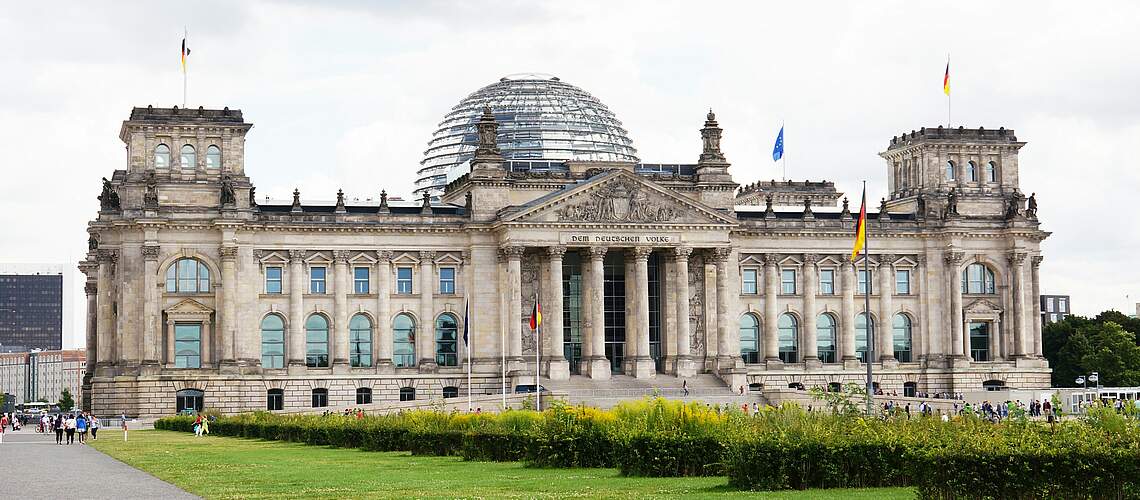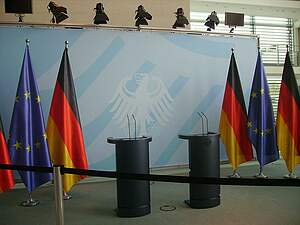
The political electoral system in Germany – easily explained
How does the political system in Germany work? How do federal and state elections differ? And what are the five electoral principles? We answer these and other questions about the German electoral system in this article.
The parliamentary system

In Germany, we have a parliamentary system based on the principle of representative democracy. This means that citizens elect their representatives in parliament through elections, who then make laws and decisions.
There are two important levels of elections in Germany: federal election (“Bundestagswahl”) and state elections (“Landtagswahlen”). All German citizens aged 18 and over are eligible to vote. In the European elections and in some local elections, voters can vote from the age of 16.
Elections in Germany
The following five principles apply to federal elections and all other parliamentary elections in Germany:
- general = no group of people is excluded
- direct = the members of parliament are elected directly
- free = no one may exert pressure
- equal = every vote counts equally
- secret = the vote is cast in secret

On election day, people in Germany are entitled to cast their vote at a polling station. This is usually a school, a town hall or another public institution. To cast their vote, voters go into a polling booth and make one or two crosses on the ballot paper, depending on the election. The ballot paper is folded and placed in the ballot box provided, similar to a letterbox.
Every vote counts in every election. If you cannot make it to the polling station in time or for other reasons, you can apply for a postal vote in advance. The ballot paper is then sent by post.
Federal election
In the federal election (“Bundestagswahl”), citizens elect members of the national parliament every four years. The party that wins the most seats in the Bundestag can appoint the Federal Chancellor.
The Federal Chancellor holds the office with the greatest political power in Germany. According to protocol, the Federal President is the highest-ranking representative of Germany.
State elections
The state elections (“Landtagswahlen”), which take place every five years, are about the representation of the 16 federal states in Germany. The state parliaments elect the Minister President.
European elections
Since 1979, the citizens of the European Union have been electing members of the European Parliament. The election cycle covers 5 years. The European elections are the second largest democratic election in the world.
We hope that this introduction to the German electoral system has given you a brief overview. You can find more interesting articles about life in Germany on our blog.
